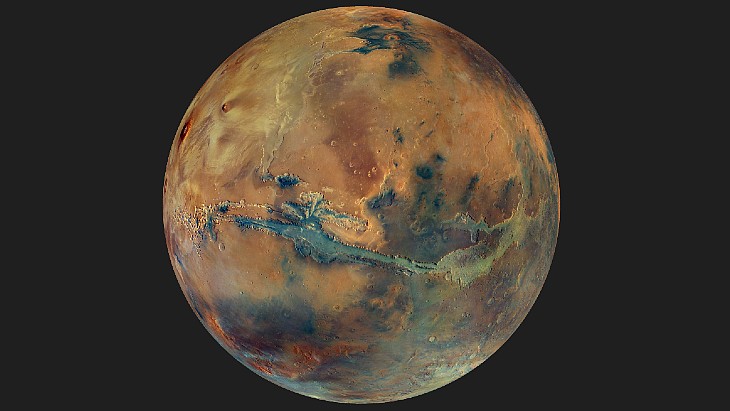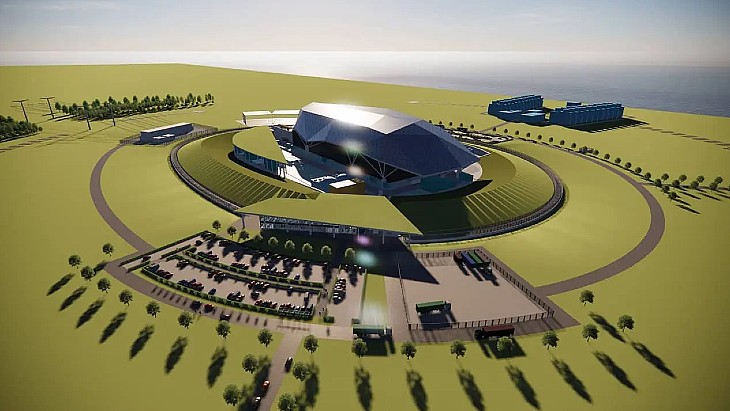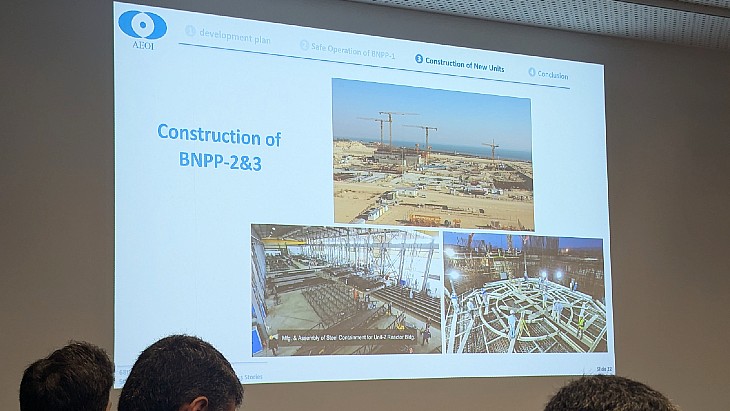CEA feasibility studies on nuclear propulsion in space

The aim of the studies, which are expected to last a year, is to respond to the desire for long-duration missions in space. They are set to inform a roadmap for the possible development of demonstrators by 2035.
The Alumni project will be led by CEA, with the involvement of Ariane Group and Framatome, and is based on a nuclear-thermal propulsion engine - "heating liquid hydrogen by passing it through the heart of a nuclear reactor to transform it into gas and bring it to a high temperature, before ejecting it to generate thrust".
According to the CEA its improved performance would "make it possible to reduce the duration of the journey to Mars; a shorter and healthier trip for the astronauts, who would be less exposed to intense space radiation. Such engines, always with a view to inhabited exploration of the red planet, would also facilitate the sending of the large equipment essential to the survival of the astronauts".
Project RocketRoll will study the feasibility of an electric nuclear propulsion system where the electricity produced by a nuclear power reactor powers electric ion thrusters - ionising a gas and accelerating the ions produced, which are then ejected to generate thrust.
CEA says: "Compared with conventional ion propulsion systems, where electricity is produced by solar panels, motors would offer higher thrust, independent of exposure to sunlight, and therefore of distance from it. They would thus simplify the use of this propulsion, in particular beyond Mars, in the external solar system."
Xavier Averty, programme manager at the CEA, said it had been "involved in studies concerning space nuclear power since the 1980s - we have recognised know-how in the sizing and design of nuclear and fuel reactors, radiation protection and safety studies, and are already involved in radioisotope generator projects to generate heat and electricity to power space probes and rovers."
_92619.jpg)

_84504.jpg)







_88592.jpg)

